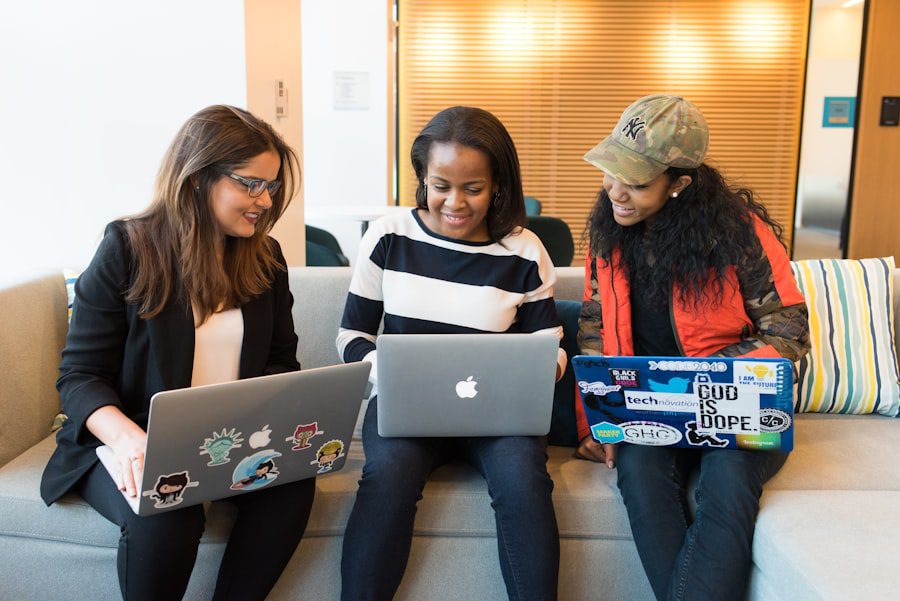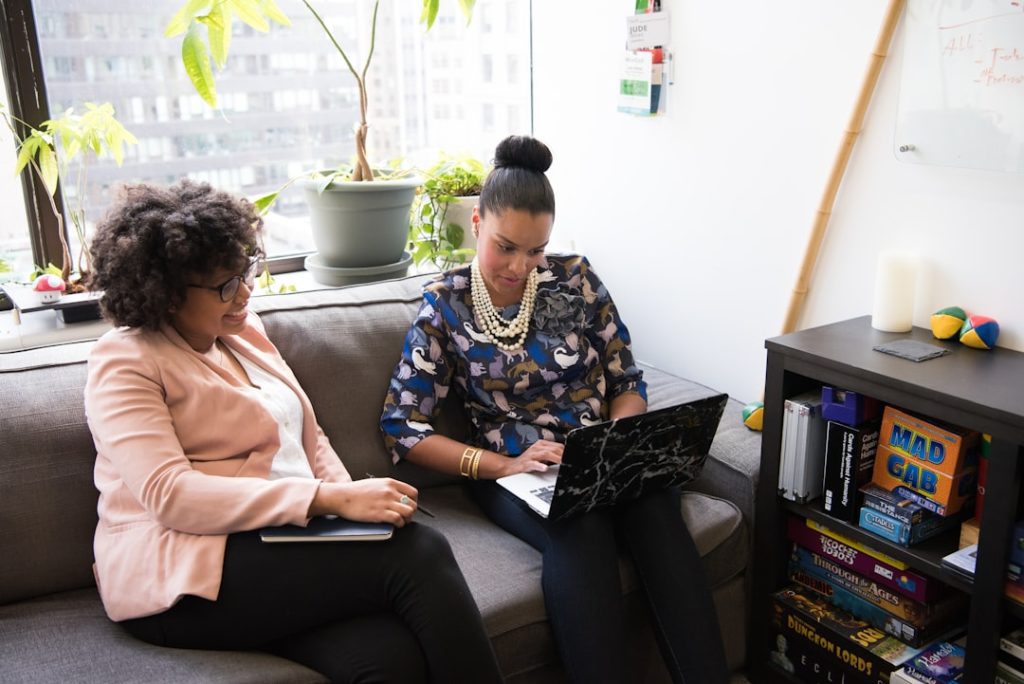Healthy debate serves as a cornerstone of a vibrant society, allowing individuals to express differing viewpoints while engaging in constructive dialogue. It is through this exchange of ideas that societies can evolve, as debate encourages individuals to articulate their thoughts clearly and listen to opposing perspectives. The act of debating fosters an environment where ideas can be scrutinized, leading to a deeper understanding of complex issues.
This process not only sharpens one’s reasoning abilities but also cultivates a culture of respect for diverse opinions, which is essential in a pluralistic society. Moreover, healthy debate is crucial for personal growth and intellectual development. When individuals engage in discussions that challenge their beliefs, they are prompted to reflect on their values and assumptions.
This introspection can lead to a more nuanced understanding of the world and the people within it. For instance, a person who holds a strong opinion on a political issue may find their perspective broadened after engaging with someone who presents a well-reasoned counterargument. Such interactions can dismantle echo chambers, where individuals only encounter viewpoints that reinforce their own, ultimately leading to a more informed and open-minded populace.
Key Takeaways
- Healthy debate is important for fostering critical thinking skills and encouraging diversity of thought.
- It strengthens democracy by promoting understanding, empathy, and resolving conflicts to find solutions.
- Challenging assumptions and stereotypes is essential for fostering innovation and progress.
- Building critical thinking skills is crucial for encouraging diversity of thought and resolving conflicts.
- Promoting understanding and empathy is key to fostering innovation and progress in society.
Building Critical Thinking Skills
Engaging in healthy debate is instrumental in honing critical thinking skills, which are essential for navigating the complexities of modern life. Critical thinking involves analyzing information, evaluating evidence, and constructing coherent arguments. When individuals participate in debates, they are often required to dissect various viewpoints, assess the validity of claims, and formulate responses based on logic rather than emotion.
This process not only enhances one’s ability to think critically but also prepares individuals to tackle real-world problems with a more analytical mindset. For example, consider a debate on climate change. Participants must sift through scientific data, understand differing opinions on policy responses, and articulate their stance effectively.
This requires them to evaluate the credibility of sources, recognize biases, and anticipate counterarguments. As individuals engage in such discussions, they develop the ability to approach issues systematically and make informed decisions based on evidence rather than mere opinion. Consequently, the cultivation of critical thinking skills through debate is not just beneficial for individual participants; it also contributes to a more informed citizenry capable of addressing societal challenges.
Encouraging Diversity of Thought

Diversity of thought is vital for innovation and progress, and healthy debate plays a significant role in fostering this diversity. When individuals from various backgrounds and experiences come together to discuss ideas, they bring unique perspectives that can lead to creative solutions and breakthroughs. This exchange of diverse viewpoints encourages participants to think outside the box and consider alternatives they may not have previously entertained.
In environments where healthy debate is encouraged, individuals are more likely to challenge the status quo and propose novel ideas. In corporate settings, for instance, companies that promote a culture of open dialogue often see enhanced creativity and problem-solving capabilities among their teams. When employees feel safe to express differing opinions without fear of retribution, they are more likely to contribute innovative ideas that can drive the organization forward.
A notable example is Google’s Project Aristotle, which found that teams with psychological safety—where members felt comfortable sharing their thoughts—outperformed others in terms of innovation and productivity. This illustrates how healthy debate not only enriches discussions but also leads to tangible benefits in various sectors.
Strengthening Democracy
Healthy debate is integral to the functioning of democracy, as it provides a platform for citizens to voice their opinions and hold leaders accountable. In democratic societies, the ability to engage in open discussions about policies, governance, and societal issues is essential for ensuring that diverse voices are heard. When citizens participate in debates about political matters, they contribute to a more informed electorate capable of making sound decisions at the ballot box.
This engagement fosters a sense of ownership over democratic processes and encourages civic participation. Furthermore, healthy debate acts as a check on power by allowing citizens to question authority and challenge prevailing narratives. In many instances throughout history, social movements have emerged from public debates that highlighted injustices or called for change.
For example, the civil rights movement in the United States was fueled by passionate debates about equality and justice, leading to significant legislative changes. By encouraging open discourse, democracies can adapt and evolve in response to the needs and desires of their citizens, ultimately strengthening the democratic fabric of society.
Promoting Understanding and Empathy
One of the most profound benefits of healthy debate is its ability to foster understanding and empathy among individuals with differing viewpoints. Engaging in discussions that challenge one’s beliefs can lead to greater awareness of the experiences and motivations that shape others’ perspectives. This process encourages participants to step outside their own frames of reference and consider the world through someone else’s eyes.
As empathy grows, so does the potential for collaboration and mutual respect. For instance, consider a debate surrounding immigration policy. Participants may hold strong opinions based on personal experiences or cultural backgrounds.
However, through respectful dialogue, they may come to understand the complexities faced by immigrants and the factors driving their decisions to relocate. This newfound understanding can humanize what may have previously been viewed as an abstract issue, paving the way for more compassionate policies and community initiatives. By promoting empathy through healthy debate, societies can bridge divides and foster a sense of shared humanity.
Resolving Conflict and Finding Solutions

The Power of Open Dialogue
By encouraging individuals to articulate their concerns while actively listening to opposing viewpoints, healthy debate can transform contentious situations into opportunities for growth and reconciliation.
Community Mediation in Action
In practice, this can be seen in community mediation efforts where conflicting parties engage in facilitated discussions aimed at finding common ground. For example, neighborhood disputes over land use or community resources often benefit from structured debates that allow residents to voice their concerns while exploring potential compromises.
Fostering Harmony and Cooperation
Through this process, participants may discover shared interests or values that can serve as a foundation for resolving their differences. By prioritizing healthy debate as a means of conflict resolution, communities can foster harmony and cooperation.
Challenging Assumptions and Stereotypes
Healthy debate provides an avenue for challenging assumptions and stereotypes that often pervade societal discourse. Many beliefs are formed based on limited experiences or cultural narratives that may not accurately reflect reality. Engaging in open discussions allows individuals to confront these preconceived notions head-on, leading to greater awareness and understanding of the complexities surrounding various issues.
For instance, debates surrounding gender roles often reveal deeply ingrained stereotypes that can hinder progress toward equality. When individuals engage in discussions about gender expectations—whether in professional settings or social contexts—they may uncover biases that influence their perceptions and behaviors. By challenging these assumptions through respectful dialogue, participants can work toward dismantling stereotypes and fostering a more inclusive environment where all individuals are valued for their unique contributions.
Fostering Innovation and Progress
The interplay between healthy debate and innovation is profound; when diverse ideas collide in constructive discussions, new possibilities emerge. Innovation thrives in environments where individuals feel empowered to share unconventional thoughts without fear of criticism. Healthy debate creates such an environment by encouraging risk-taking and experimentation with ideas that may initially seem radical or impractical.
Consider the technology sector, where brainstorming sessions often involve heated debates over product features or design choices. Companies like Apple have long embraced this culture of open dialogue among teams, leading to groundbreaking innovations such as the iPhone or iPad. By fostering an atmosphere where employees feel free to challenge each other’s ideas constructively, organizations can harness collective creativity to drive progress forward.
In this way, healthy debate not only enhances individual contributions but also propels entire industries toward new frontiers of possibility. In conclusion, healthy debate is an essential component of personal development, societal progress, and democratic engagement. It cultivates critical thinking skills while promoting diversity of thought and empathy among individuals with differing perspectives.
By embracing healthy debate as a means of resolving conflicts and challenging assumptions, societies can foster innovation and create environments conducive to growth and understanding.


